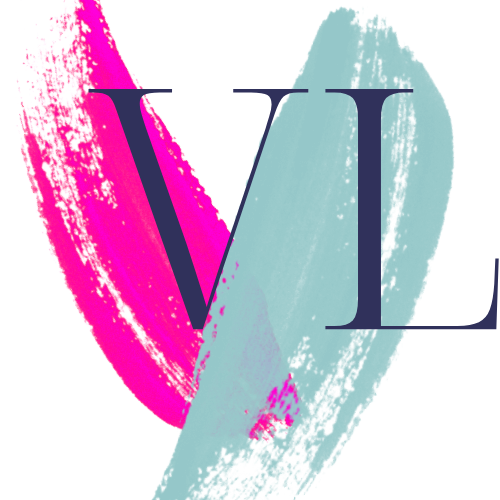
Focus Checkpoint
Lesson Two
Memory techniques for a high school student can be compared to tools in a toolbox. Just as a skilled carpenter uses different tools to build and repair various structures, a high school student can use different memory techniques as tools to construct and organize their knowledge. Each technique serves a specific purpose, just like different tools are used for different tasks.
This module focuses on active revision methods such as flashcards, self-quizzing, concept mapping as well as active reading, note-taking, and studying. Active techniques aide memory and recall.
-
Effective Study Techniques
• Self-Quizzing: Generate practice questions or use available practice quizzes to test your knowledge.
• Summarisation: Summarise complex concepts in your own words to reinforce understanding.
• Group Study workshops: Access subject specific study classes or study groups
• Memory techniques: Maximise memory load and learning styles
• Past Papers: Using previous test papers or questions to become familiar with how to apply content
Memory Techniques
-
Mnemonic Devices: Mnemonics are like the measuring tape of memory tools, helping you mark important points and measurements in your mind.
To remember the order of the planets in our solar system from the sun outward, you can use the following mnemonic:
"My Very Educated Mother Just Served Us Noodles."
"My" stands for Mercury.
"Very" stands for Venus.
"Educated" stands for Earth.
"Mother" stands for Mars.
"Just" stands for Jupiter.
"Served" stands for Saturn.
"Us" stands for Uranus.
"Noodles" stands for Neptune
-
Mind Maps: Think of mind maps as the blueprint for your knowledge, helping you create a clear and organised structure for your thoughts.
Imagine you're studying a topic like "Environmental Pollution." You can create a mind map with the main topic in the center and branches for different types of pollution, their causes, effects, and solutions.
-
Flashcards: These are like the nails that hold everything together, reinforcing your memory with repeated exposure.
For example, on one side, write "What is the capital of France?" and on the other side, write "Paris."
-
Chunking: Chunking information is the same as sorting and categorising items in your toolbox, making it easier to find what you need when you need it.
This can help you remember these events more effectively. For instance, when learning about Australian history, you can chunk important events by focusing on different time periods and themes:
1915: Gallipoli Campaign in World War I
1942: Bombing of Darwin during World War II
1965: Australia's involvement in the Vietnam War
-
Visualisation: Visualisation is the paint that adds color and vividness to your memories, making them more memorable and engaging.
If you're learning about historical events, visualise the scenes or imagine yourself in that historical context to make it more memorable. For example, picture yourself at the ANZAC memorial
-
Association: Like connecting pieces of a puzzle, associations link different concepts together, creating a more complete picture.
Connect new information to something you already know. If you're learning about chemistry, associate the periodic table elements with familiar objects or words. For example, think of "Na" (Sodium) as "Salty" since sodium is in salt.
-
Spaced Repetition: This is like periodically oiling your tools to keep them in good working condition, ensuring that your memory remains sharp and efficient.
Instead of cramming for a test, review your study material regularly. For example, if you're studying vocabulary words, revisit them at increasing intervals - first after a day, then after a week, and so on.
Focus Checkpoint
Next up - once we have the Scale ready we can apply The Focus Checkpoint.
I've seen many high school students who want to study English or start working on Math, but they often struggle to figure out where to begin. This can make them feel unmotivated and lost.
But if they set a "Focus Checkpoint" before they start, it helps them get in the right mindset. They won't have to guess what to do, and it's like creating a map for their work.
Tip: how do I know what in include in the checkpoint:
Look at your exam notification
Use the syllabus outline
Check the topic notes
Focus Checkpoint



